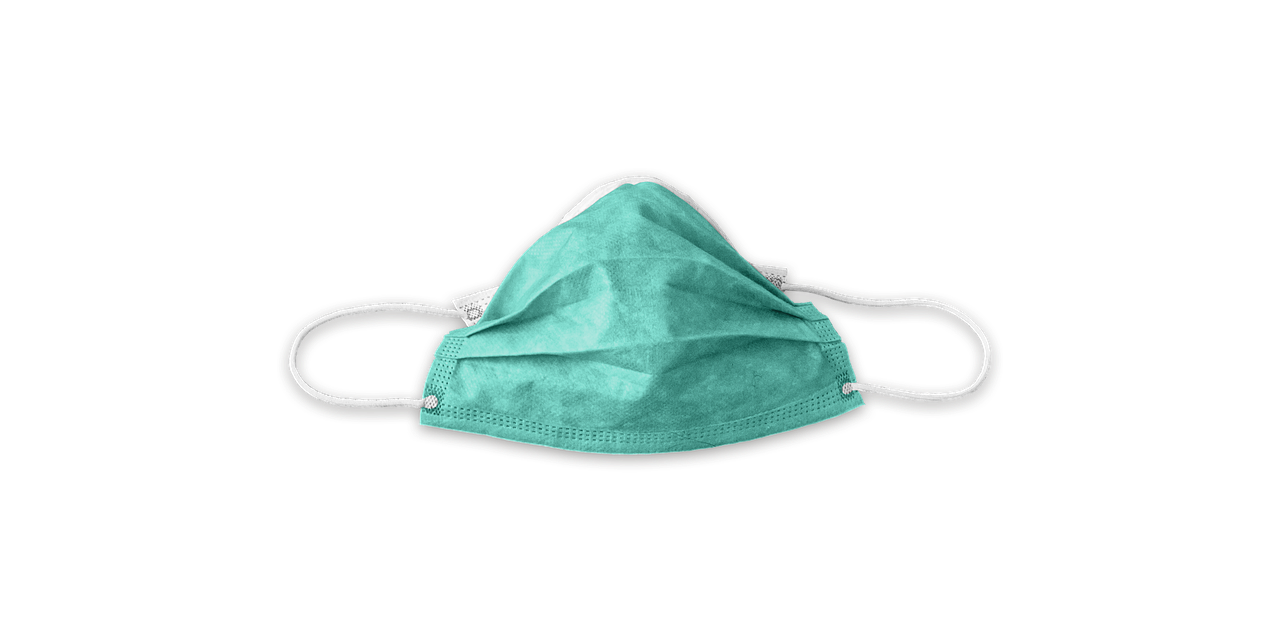Houston Coronavirus Updates
There are at present, 15 confirmed cases of COVID-19 in the Houston area. World health officials are taking the current coronavirus threat seriously, and we at Houston Family Nutrition want to make sure we’re educating our community and providing the facts and helpful information to help navigate the current situation.
What is the Coronavirus
According to the World Health Organization, Coronavirus is actually the term for a large family of viruses that can cause illnesses ranging from the common cold to more serious respiratory diseases. A novel coronavirus is one that has never before been identified in humans, and that is what the world is dealing with right now. This novel coronavirus has been named COVID-19.
John Hopkins University Center for Systems Science and Engineering has created a map to help track outbreaks and deaths from COVID-19.
Symptoms of Coronavirus (COVID-19)
Per the CDC and WHO, symptoms of the coronavirus include:
- Fever
- Dry Cough
- Tiredness
Some patients may have aches and pains, nasal congestion, runny nose, sore throat or diarrhea. These symptoms develop gradually. It is possible to become infected but not feel unwell or display symptoms.
Around 80% of people recover on their own. As far as is currently known, approximately 1 in 6 people becomes seriously ill and has trouble breathing.
Older people, and those with underlying medical problems like high blood pressure, heart problems or diabetes, are more likely to develop serious illness. People with fever, cough and difficulty breathing should seek medical attention.
Symptoms can begin anywhere from 2 to 14 days after exposure, but generally around day 5.
How to Protect Yourself & Your Family
The CDC lists the following ways to protect yourself from the coronavirus and other respiratory viruses.
- Stay at least 3 feet away from sick people when possible
- Cover your coughs and sneezes with a tissue
- Wash your hands often with soap and water for at least 20 seconds, especially after going to the bathroom, before eating, and after blowing your nose, coughing, or sneezing.
- Clean surfaces that are touched often, like doorknobs, computer keyboards, phones, and toys
What to Do if You or Someone in Your Household Gets Sick
Stay home except to get medical care.
This helps prevent the spread of disease. Do not go to work, school, or public areas. Avoid taking public transportation.
Separate yourself from other people and animals in your home.
Try to stay in a separate room in your house, away from other people or animals as much as possible. You should also use a separate bathroom, if available. Do not handle pets.
Call ahead before visiting your doctor.
If you need to visit the doctor, make sure they are aware ahead of time that you are coming in and that you have or think you have COVID-19. This way, the office can take measures to ensure that you do not come into contact with other patients.
Wear a facemask
When you are around other people, ie. in the same room as them, or at the doctor’s office, you should wear a facemask. If you are unable to wear a facemask (due to difficulty breathing), others in your household should wear a facemask when entering your room.
Cover your coughs and sneezes
Do not cough or sneeze into your hand. Instead, cough or sneeze into a tissue, and immediately throw the tissue in a lined trash can and wash your hands with soap and water for at least 20 seconds.
Do not share personal items
Do not share cups, utensils, drinks, dishes, towels, or bedding with the rest of your household. Be sure to wash these items thoroughly after using.
Wash your hands often
Make sure to wash your hands regularly, using soap and water, for at least 20 seconds. If you cannot wash your hands with soap and water, an alcohol-based sanitizer with at least 60% alcohol can be used. Avoid touching your eyes, nose, or mouth with unwashed hands.
Clean all frequently touched surfaces daily
‘High-touch’ surfaces like doorknobs, counters, tabletops, bathroom fixtures, toilets, phones, keyboards, tablets, and bedside tables should be cleaned daily. Use a household cleaning spray
or wipe, according to the label instructions. Areas that are exposed to blood, stool, or bodily fluids should also be cleaned.
Monitor your symptoms
If you start feeling worse (ie. difficulty breathing), seek medical help. Make sure you call your medical provider ahead of time to let them know you are seeking help for COVID-19, and put on a facemask before entering the facility. If you need to call 911, notify dispatch of your condition as well.
You can click here to view the full list of CDC recommendations.




